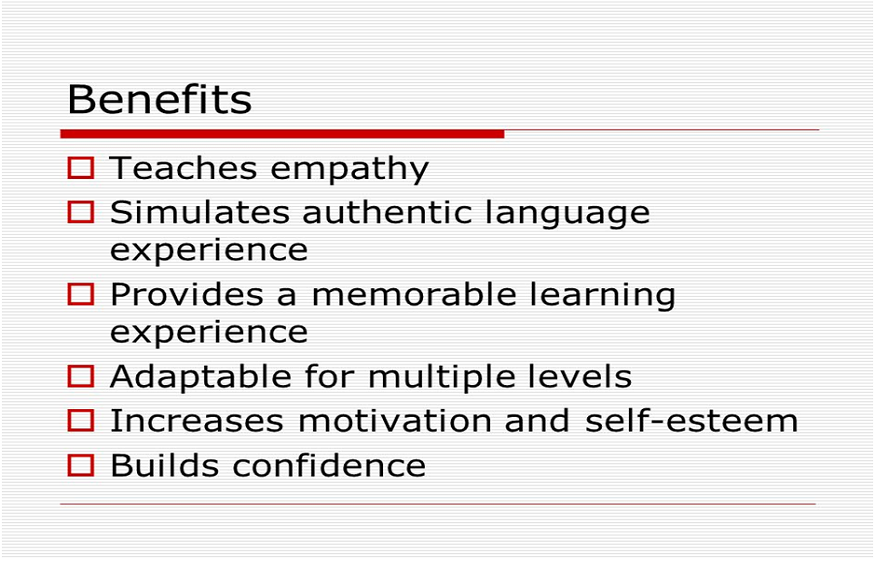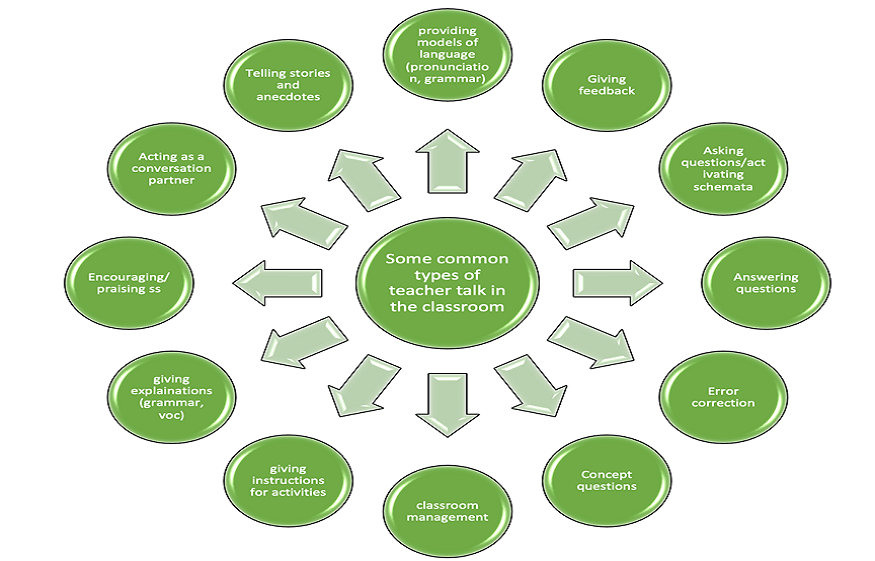Teach English Through Role-Play and Real Talk in Your TEFL Classrooms

Are you someone looking for teaching English as a foreign language in Singapore or anywhere in the world? Then, you are already aware of this situation: students who know all the grammar rules and vocabulary suddenly go quiet when asked to speak. They understand English on paper but struggle to use it in conversations.
Research shows that there are more than 1.5 billion English speakers around the globe. Yet, plenty of learners struggle to speak naturally during everyday conversations.
So, what is holding them back? Maybe it is the traditional teaching techniques that often focus too much on rules and not enough on actual speaking practice.
Role-play and conversation activities can solve this problem. These are not just fun games to fill class time – they are powerful tools that turn book knowledge into real speaking skills while keeping students engaged and enjoying the learning process.
Why Students Enjoy Role-Play in TEFL Classrooms
Students genuinely enjoy role-play activities. When they step into character, they feel less like students and more like real people using the real English language. The classroom becomes a stage where they can experiment with the language.
Role-play is popular with students because:
- It is interactive and fun, not boring like textbook exercises.
- It reduces the fear of making mistakes (they are playing a character, not themselves).
- They get a break from being students and can pretend to be someone else.
- It helps to build confidence when speaking in front of others.
- They can use body language and facial expressions, just like in real conversations.
This hands-on learning strengthens brain connections, helping students retain new language more effectively. As a TEFL teacher, you teach them to think, respond, and express themselves naturally in English, which is the true goal of language learning.
 Source:slideplayer.com/slide
Source:slideplayer.com/slide
Matching Role-Play Activities to Different Learning Levels
Not all speaking activities work for everyone. A beginner needs support that can be different from an advanced learner.
Here’s how to adjust your role-play activities based on student levels:
1. For Beginners
Keep activities simple and short. Focus on everyday situations students can relate to:
- Ordering food at a restaurant.
- Asking for directions.
- Shopping for groceries.
- Introducing themselves to new people.
Help beginners with cue cards, sentence starters, and pictures. Let them repeat useful phrases and focus on building basic sentence structure correctly.
2. For Intermediate Learners
Add more challenging tasks that require some brainstorming:
- Job interviews.
- Doctor-patient conversations.
- Making travel arrangements.
- Solving customer service problems.
The intermediate level is a good time to introduce group activities where students prepare and perform short skits together.
3. For Advanced Students
Challenge them with creative and critical thinking tasks:
- Debate topics in the news.
- Run business meetings.
- Tell stories as different characters.
- Negotiate in business settings.
Encourage advanced students to express opinions, ask follow-up questions, and challenge each other while staying in character.
Strategies to Use Role-Play in Your TEFL Classrooms
Are you interested in making role-play work well in your classroom? Here are some simple strategies that can help you get started:
1. Use Real Objects and Props
Bring real things into your classroom to make speaking activities feel more natural. When students hold actual menus while practicing restaurant conversations, they learn better than just reading from a book. For beginners, simple items help them remember new words without needing translations. You could:
- Set up a mini restaurant area using props like fake menus, paper napkins, and toy food items.
- Bring bus schedules or street maps for direction activities.
- Use play money for shopping practice.
- Keep a box of name tags, hats, and simple costumes for different jobs.
These real objects help students focus on speaking instead of trying to imagine the situation.
Source:ioannanifli.wordpress.com
2. Let Students Create Their Own Scenes
When students make up their own role-plays, they care more about the activity. Ask them about times when they need to use English in real life. A student working in a hotel might want to practice handling guest complaints. To help them create good scenarios:
- Give them simple planning sheets with questions like ‘Where are you?’ and ‘What do you need?’
- Allow 5-10 minutes to prepare before they start speaking.
- Let them choose topics that matter to them personally.
Students work harder on conversations they helped create themselves.
3. Keep Instructions Clear
When students do not understand what to do, they lose confidence quickly. Instead of long explanations:
- Provide a brief example with one student at first.
- Write just 3-4 simple steps on the board.
- Tell them exactly how much time they have: ‘2 minutes to prepare, 3 minutes to speak.’
- Use a visible timer so everyone knows when to finish.
For classes with different levels, you might need to explain things twice – once with simple words and once with more details for advanced students.
4. Mix Different Personality Types
Put different kinds of students together for better learning. A talkative student paired with a quiet one helps both of them:
- The outgoing student learns to listen more.
- The shy student gets gentle encouragement to speak.
- Both practice adjusting their speaking style.
Try to match students by more than just their English level. Think about who works well together but still challenges each other. Rotate speaking partners regularly so students can practice interacting with different personalities and styles.
5. Set Short Time Limits
Keep role-plays between two to five minutes for best results. Short activities:
- Feel less scary to nervous students.
- Match real-life conversations (most real interactions are quite short).
- Keep energy high in the classroom.
- Allow time for multiple practice attempts.
Use a pleasant-sounding timer rather than shouting ‘Stop!’ When one round finishes, have students switch roles or change one small thing about the situation for fresh practice.
6. Provide Helpful Feedback
Good feedback helps students improve their skills while keeping their confidence intact. When watching role-plays:
- Write down specific good phrases you hear, not just mistakes.
- Comment on how well they communicated, not just grammar.
- Notice their body language and tone of voice.
Try this simple format: first mention something specific they did well, then suggest one improvement, and end with another positive point. For example: ‘You asked questions very naturally. Try speaking a bit louder next time. Your vocabulary about food was excellent!’
7. Go Digital When Needed
Technology gives you more options for role-play practice:
- Use video calls with breakout rooms for pair practice.
- Have students record short video role-plays as homework.
- Create simple digital props (pictures students can show on screen).
- Use chat functions for written support during speaking activities.
For shy students, recording themselves at home before sharing with the class often builds confidence. Online tools also let students practice at their own pace and review their speaking by watching recordings.
Bottom Line
Next time you plan a lesson, think about situations your students might face in the real world. Turn those into short role-plays and watch how excited they get when they realize they can actually use English successfully. Educators who pursued the Online TEFL Course in Singapore understand every great English conversation starts with someone brave enough to open their mouth and try. So, let your students speak up. Let them make mistakes. Let them grow into confident English speakers through practice and play.





